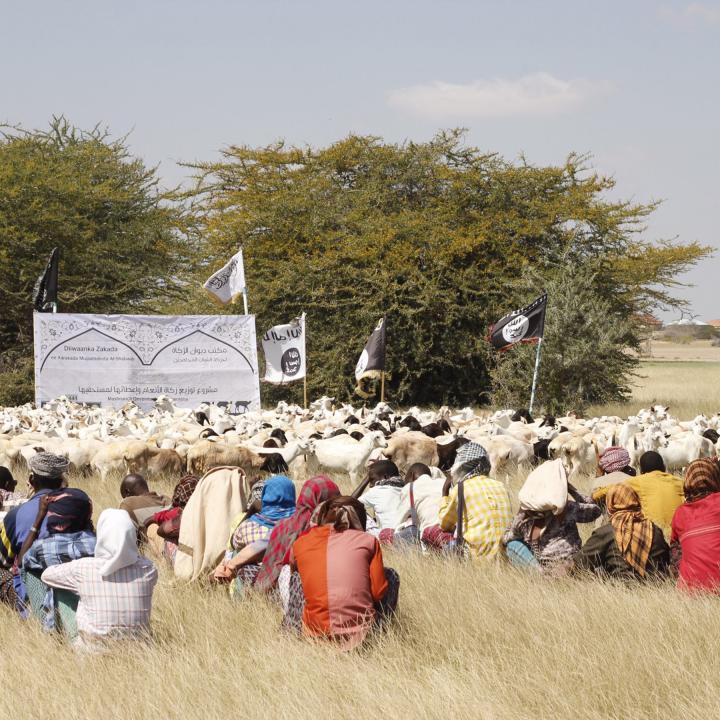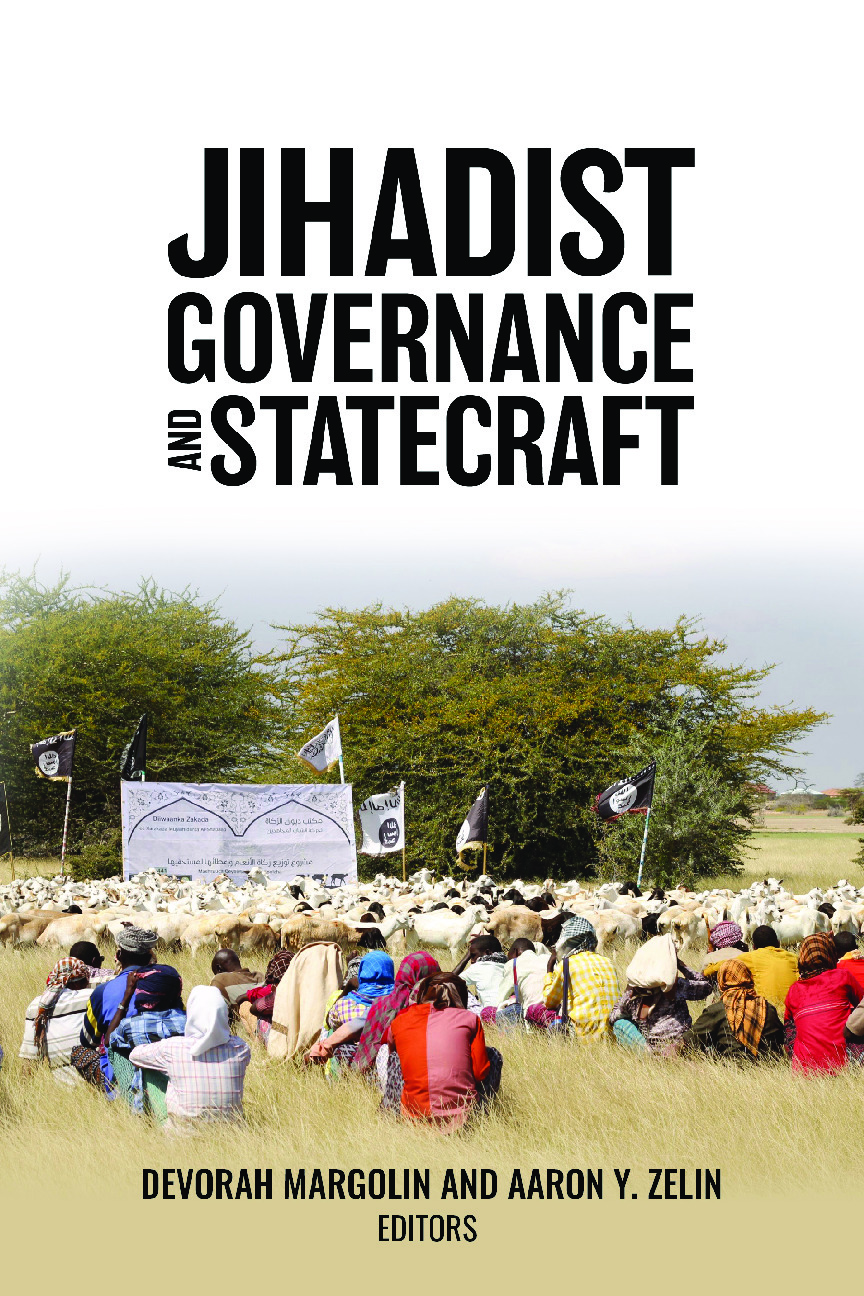

Part of a series: Jihadist Governance and Statecraft
In this anthology, contributors discuss the policy challenges associated with an emerging phenomenon, but disabuse readers of any notion that jihadist governance and statecraft should be equated with political moderation.
In the decades since 9/11, the challenge posed by jihadist groups has grown increasingly complex, evolving from a focus on safe havens and alternatively governed spaces to one on actual governance and statecraft. Jihadist actors from a variety of political, religious, and ideological backgrounds have now administered territory from sub-Saharan Africa to Southeast Asia. Policy solutions, in turn, go beyond military strategy and financial sanctions, touching on state bureaucracy, local economies, alliances, diplomacy, and power competition among local, regional, and global actors. The difficulty of crafting effective policies is complicated by the need to consider distinctions between Sunni and Shia jihadists, ideological differences within each stream of violent Islamism, and the nuances of each particular society.
In this thought-provoking compendium, drawn from a daylong strategy session, practitioners and experts offer their insights on the current jihadist landscape along with a range of policy responses. While recognizing multiple shades of jihadist governance and statecraft, the contributors upend any notion that the general shift should be equated with political moderation, as brought home by the October 7 attack on Israel.







